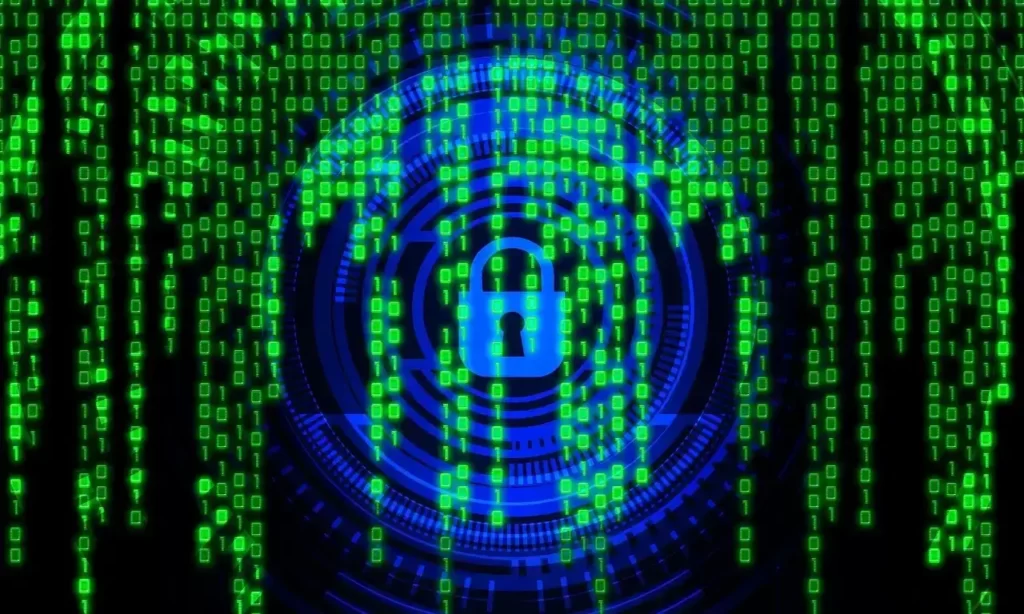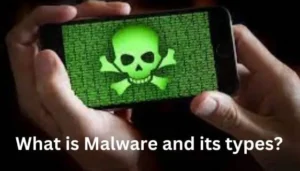
During March 2023, a group of Russian hackers cyber-attacked the official website of the Indian Health Ministry in a bid to grab confidential information. The incident was one of the rarest examples of cyber-attacks with increasing frequency throughout worldwide public vis-a-vis private organizations. This attack on a government website highlights the need for organizations to take proactive measures, beforehand, in order to protect digital infrastructure.
The attack was first detected by the Indian Computer Emergency Response Team (CERT-In) on March 15, 2023. The hackers had breached the security of the Health Ministry’s website and succeeded in unauthorized access to sensitive data, including personal information of citizens, medical records, and confidential government documents.
The Indian government immediately launched an investigation into the incident and took appropriate measures to prevent the damage caused by such a cyber-attack. The Health Ministry website was taken offline and security measures were strengthened to prevent any further unauthorized access to data.
The Russian hackers were identified as a well-known hacking group with links to the Russian government. The group had previously been involved in various cyber-attacks against organizations situated in US and Europe mainly targeting government agencies, healthcare providers and financial institutions.
The Indian Health Ministry website contained a wealth of sensitive information, including personal health records and the medical history of citizens. The breach of such information had a serious impact on the privacy and security of citizens. The Indian government had assured its citizens that all appropriate measures were taken to mitigate the hardships already faced.
The cyber-attack denotes concern about misuse of the stolen data, and personal health records. It also says about the medical history of an individual’s name, age, address, and medical conditions. This information can be used for various purposes which include even identity theft, insurance fraud, and blackmailing.
Meanwhile, the government has issued a statement advising citizens to be cautious and vigilant in regard to cyber-attacks. Furthermore, the directive is given to report any suspicious activities or transactions to the appropriate authorities as and when so happens.
This incident highlights the growing threat of cyber-attacks throughout world in public and private organizations. Cyber-criminals are found to be increasingly sophisticated in their methods, using advanced tools and techniques to breach the security of organizations and steal sensitive data.
To protect themselves against such threats, organizations need to take a proactive approach to cybersecurity. This includes implementing robust security measures, such as firewalls, intrusion detection systems, and encryption, to protect their digital infrastructure. Regular vulnerability assessments and penetration testing should also be conducted to identify and address any weaknesses in their systems.
Furthermore, organizations need to ensure that their employees are adequately trained in best cybersecurity practices. This includes educating/training them on how to recognize and avoid phishing emails, using strong passwords, and regularly updating software and security patches.
The Indian government has acknowledged that the cyber-attack on the Health Ministry website is a wake-up call for the country’s cybersecurity infrastructure. The government has promised to strengthen its cybersecurity measures and invest in new technologies to protect against future cyber-attacks.
The Indian government has also reached out to other countries including US and the European Union for cooperation in combating cyber threats. The government has emphasized the need for international collaboration and information sharing to address the growing threat of cyber-attacks.
In the conclusion, the cyber-attack on the Indian Health Ministry website by Russian hackers highlights the need for organizations to take cybersecurity seriously. With cyber threats becoming increasingly prevalent and sophisticated, organizations need to take a proactive approach to protect their digital infrastructure and sensitive data.
By implementing robust security measures and training employees on best practices, organizations can reduce their risk of falling victim to cyber-attacks. The incident has also emphasized the need for international cooperation to combat cyber threats and protect the privacy and security of citizens.






